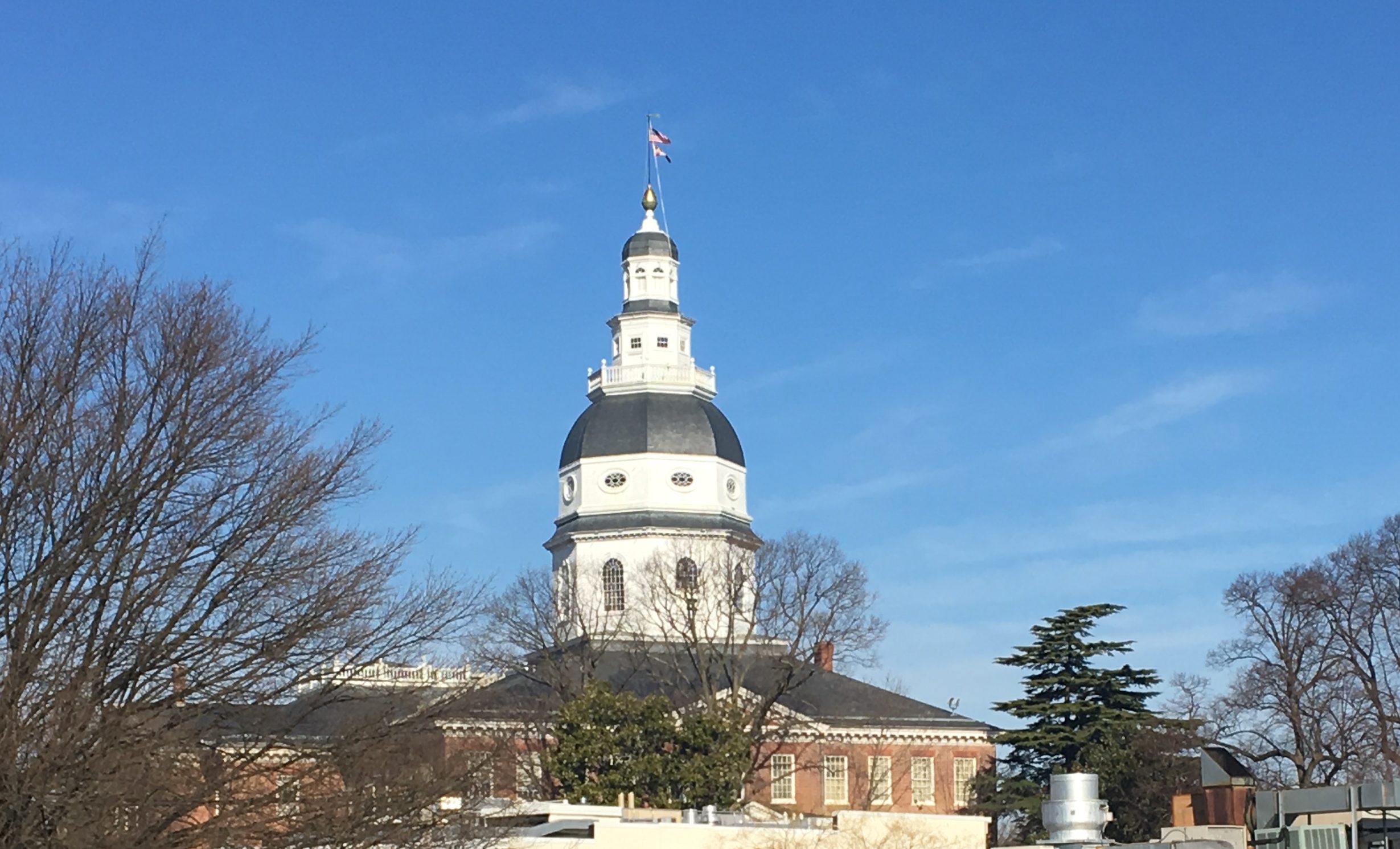Antisemitic incidents reported in the US hit record high according to ADL data
By NATALIE DAVIS
COLLEGE PARK, Md. – The University of Pennsylvania’s Penn Hillel building was vandalized on Sept. 21 and the person who went into the building knocked over furniture and shouted antisemitic obscenities, according to a statement released by Penn Hillel.
The incident occurred just a week before President Biden, on Sept. 28, broadened the Civil Rights Act of 1964 to specifically prohibit antisemitism and Islamophobic discrimination in federally-funded programs to combat rising rates of antisemitic incidents in the U.S.
The year 2022 had the highest number of antisemitic incidents reported across the U.S. in a single year, according to the Anti-Defamation League’s (ADL) Audit of Antisemitic Incidents for 2022, published earlier this year.
The ADL has been tracking and releasing their annual Audit of Antisemitic Incidents since 1979.
“The reality is that this is the third time in the past five years that the year-end total has been the highest number ever recorded,” Meredith Weisel, the regional director for the ADL’s Washington, D.C. Regional Office, said.
Weisel noted that from what the ADL has seen so far in 2023, this year has the potential to be another record year.
The audit categorizes antisemitic incidents as harassment, vandalism or assault and found that 2022 had about a third more incidents than the previous year, with just over 3,500 incidents reported.
The majority of these antisemitic incidents have taken place in Jewish institutions like synagogues, schools, and Jewish community centers, according to Weisel.
“The data confirms what Jewish communities have been saying first-hand across the country,” Weisel said. “This corresponds with a notable rise in antisemitic attitudes.”
Antisemitic conversations that had previously taken place on social media platforms are now transitioning into real-world interactions in public spaces, Weisel added.
The largest percentage of reported incidents appear in the form of harassment, according to the audit data, and harassment incidents have steadily increased each year for the past four years.
“The concern with this data is that the normalization of harassment has the potential to lead to even more incidents of assault,” Weisel said. Assault saw a 26% increase from 2021.
The data also shows increasing rates of vandalism.
“We are seeing a lot of instances of graffiti, whether it’s a swastika in a school, carved on a desk, or outside in a shopping center somewhere,” Weisel said. “We are also seeing a lot of white supremacist propaganda in particular - which includes flyers blaming the Jewish community for a variety of things - that are being left on people's driveways.”
Vandalism had the most significant increase in 2022, up 51% from the previous year and, according to the ADL data, antisemitic incidents are up across the board.
“It’s not just one category or another…it’s all categories that are seeing upwards trends,” Weisel said. “Another concern is that the numbers are this high and that there are still areas that are underreported.”
There are many reasons why people may not feel comfortable reporting incidents, according to Weisel.
All reported incidents must be verified in order to be included in the audit, which may also lower the incident count, according to Marya Slade, the assistant education director of ADL’s Washington, D.C. Regional Office.
“This doesn’t mean that the incidents didn’t happen, it just means that we weren’t able to verify what actually took place to be able to include that number within the audit,” Slade said.
Maryland has also seen an increase in antisemitic incidents across all categories.
Between 2021 and 2022, the total number of antisemitic incidents nearly doubled in the state; reported vandalism incidents increased by 49%, harassment by 56% and assault by 300%.
As the ADL is documenting the upwards trend of antisemitic incidents in their data, they are also actively working on a plan to combat the rising rates.
“The bottom line is that we are continuously seeing an increase and we really can’t remain complacent right now with this,” Weisel said. “There is a combination of things that need to be changed and this requires a whole of society approach, working with our government, working with our educational institutions, and just working with the community in general.”

Capital News Service is a student-powered news organization run by the University of Maryland Philip Merrill College of Journalism. With bureaus in Annapolis and Washington run by professional journalists with decades of experience, they deliver news in multiple formats via partner news organizations and a destination Website.

